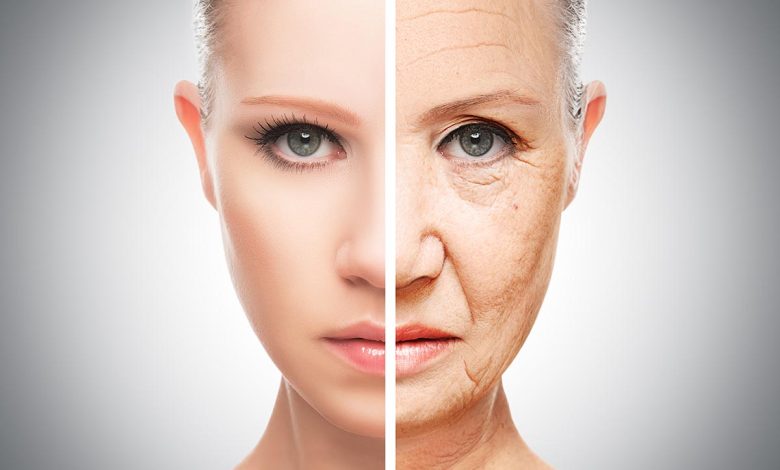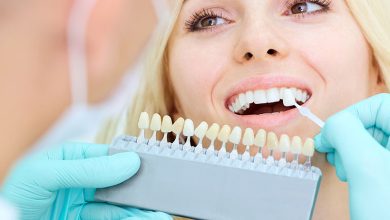Here Are Common Aging Signs/Symptoms to Note Down

For most people, aging sounds scary because it is usually related to mental and physical decline, as well as increased risks of chronic illnesses. But with a healthy lifestyle and an understanding of common aging signs and symptoms to expect, you can age gracefully.
What Aging Is
You all know the obvious aging signs, including gray hair and wrinkles. But it is important to understand why this happens to us as we grow older. Our organs and tissues are a bunch of cells, often held together with different natural materials, which cells have produced.
From the time of conception, your cells, tissues, and organs start the aging process. Especially cells age slightly that you can’t see it happen. You will just see your body developing and growing.
However, as you grow older and older, you will start noting aging signs, which are common among seniors. Some of these aging signs include the following:
1. Memory Loss
Memory is a classic hallmark of dementia disorders or Alzheimer’s disease. Some memory loss is a normal part of aging. For instance, forgetting to meet for a cup of coffee with a friend or forgetting your anniversary can easily be chalked up to momentary forgetfulness.
However, if your elderly parents forget something profoundly important and personal, such as their own name, birthday, or address, it means there is something more insidious afoot. In both cases, the best supplements for memory, foods with antioxidant properties, regular exercise, and enough sleep can help.
2. Sagging Skin
The human skin can stay supple and firm through elastic and collagen production. Elastin and collagen are compounds that the body produces naturally.
They as well protect the skin against harmful UV rays. But as your body ages, its capability to produce collagen and elastin reduces. Because of that, your skin loses its capability to heal and starts looking saggy, loose, and dry.
In order to keep your skin looking supple and firm, you will need to start taking good care of it. Some of the ways that can help are:
- Moisturizing everyday
- Taking collagen supplements
- Eating healthy fats
3. Weak Bones and Joints
As you grow older, your bones become less dense. Severe loss of bone density is referred to as osteoporosis, while moderate loss of bone density is known as osteopenia.
With osteoporosis, your bones become weaker and more likely to break. And in women, loss of bone density often speeds up after menopause as less estrogen is produced.
4. Metabolism and Digestion
Digestion doesn’t change a lot because of aging. Food will move more slowly through your digestive system. And in some people, this can cause constipation.
Apart from slow digestion, metabolism will also slow down with muscle loss and age. This means they will have less muscle and body fat. This is why a workout is key at every age, as it helps to maintain proper metabolism.
The Bottom Line
The kind of care seniors need varies based on their emotional, physical, and mental health. Whether it is through family caregivers or getting help from care service providers, you need to note these aging signs and symptoms so you can start caring for your aging loved ones.






